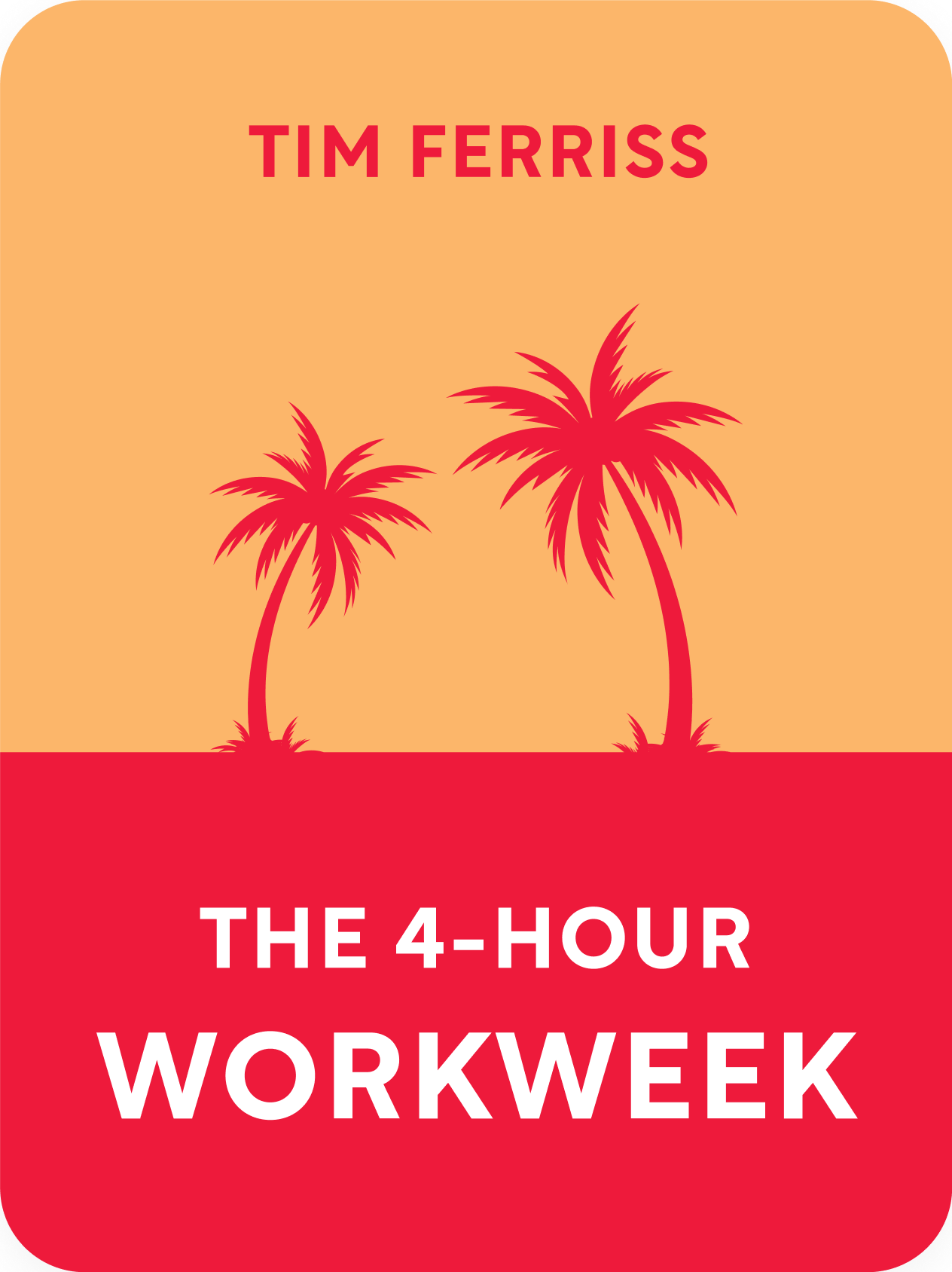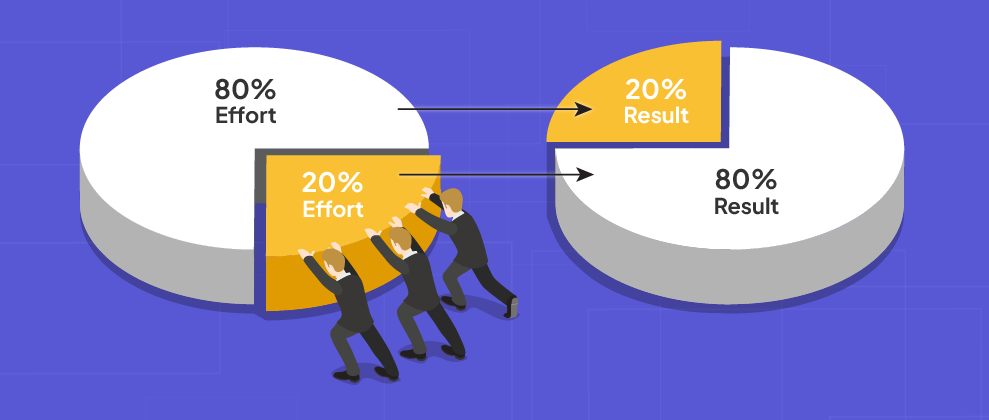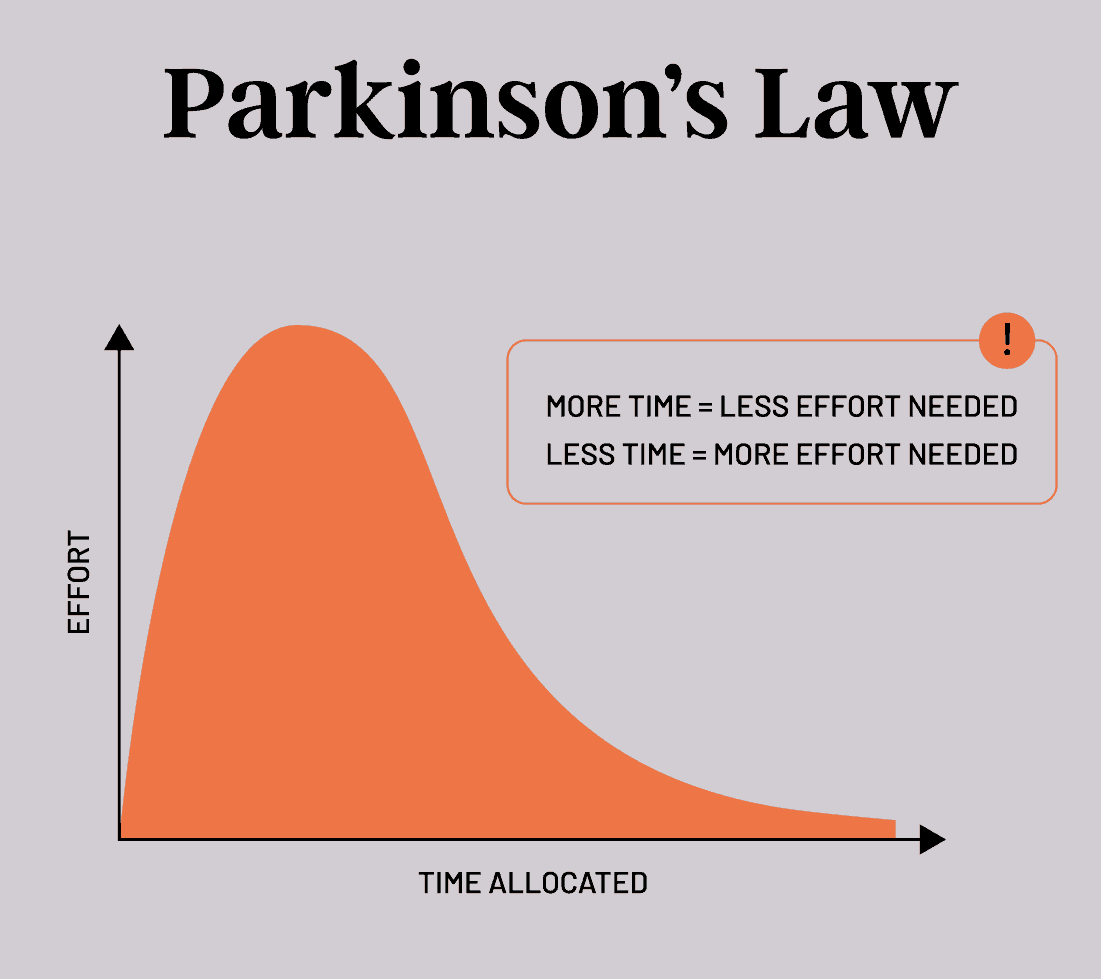The 4-Hour Work Week by Tim Ferriss — Book Summary and Notes
Most people want to be millionaires, but what we truly desire is the freedom associated with a millionaire’s lifestyle.
Most people want to be millionaires, but what we truly desire is the freedom associated with a millionaire’s lifestyle.
There are two schools of thought for living the retired millionaire lifestyle:
- Postponers — adopt a conventional system of working for 30-40 years and save for retirement.
- Lifelong Retirees — live ‘mini-retirements’ throughout one's life.
The 4-Hour Work Week emphasises on the Lifelong Retiree’s lifestyle who values time and mobility (relative income) over absolute income.
Characteristics of Postponers
- To work for yourself.
- To work when you want to.
- To retire as early as possible.
- To buy all the things you want to have.
- To be the boss instead of the employee; to be in charge.
- To make tons of money.
- To have more of everything.
- To reach the big pay-off, wither IPO, acquisition, retirement, or other pot of gold.
- To have freedom from doing that which you dislike.
Characteristics of Lifelong Retirees
- To prevent work for work's sake, and to do the minimum necessary for maximum effect.
- To distribute recovery periods and adventures (mini-retirements) throughout life on a regular basis and recognize that inactivity is not the goal. Doing that which excites you is.
- To do all the things you want to do, and be all the things you want to be.
- To be neither the boss nor the employee, but the owner. To own the trains and have someone else ensure they run on time.
- To make a ton of money with specific reasons and defined dreams to chase, timelines and steps conclude. What you are working for?
- To have more quality and less clutter. To have huge financial reserves but recognize that most material wants are justifications for spending time on the things that don't really matter, including buying things and preparing to buy things.
- To think big but ensure payday comes every day: cash flow first, big payday second.
- To have freedom from doing that which you dislike, but also the freedom and resolve to pursue your dreams without reverting to work for work's sake (W4W).
The DEAL Formula
- Definition: Decide what’s Important.
- Elimination: Focus on the 20% that produces 80% of results, and say no to the rest.
- Automation: Outsource your life and develop a business that runs on autopilot.
- Liberation: Mobilise lifestyle away from traditional expectations.

The 4-Hour Work Week
Escape 9–5, Live Anywhere, and Join the New Rich By Tim Ferriss
Step 1: Definition
Principles
- Retirement is worst-case-scenario insurance. — Even one million is chump change in a world where traditional retirement could span 30 years and inflation lowers your purchasing power 2–4% per year.
- Interest and energy are cyclical. — Alternating periods of activity and rest is necessary to survive, let alone thrive.
- Less is not laziness. — Focus on being productive instead of busy.
- The timing is never right. — “Someday” is a disease to your ambitions. Start now.
- Seek forgiveness, not permission. — It is better to act decisively and apologise later, then to seek approval and risk delay.
- Emphasise strengths and specialise — Building on strengths multiply results; overemphasis on weaknesses only yield incremental improvements.
- Things in excess become their opposite — Diminishing marginal returns.
- Money alone is not the solution.
- Relative income is more important than absolute income.
Mitigate Fear
A person’s success in life can usually be measured by the number of uncomfortable conversations he or she is willing to have. Resolve to do one thing every day that you fear.
- Define your nightmare, the absolute worst that could happen if you did what you are considering
- What steps could you take to repair the damage or get things back on the upswing, even if temporarily?
- What are the outcomes or benefits, both temporary and permanent, of more probably scenarios?
- If you were fired from your job today, what would you do to get things under financial control?
- What are you putting off our of fear
- What is it costing you—financially, emotionally, and physically—to postpone action?
- What are you waiting for?
Measure the cost of inaction, realise the unlikelihood and repairability of most missteps, and develop the most important habit of those who excel and enjoy doing so: action.
System Reset
Most people are convinced they are incapable of achieving great things, so they aim for the mediocre. Therefore, The level of competition for “realistic goals” is fierce, paradoxically making them the most time and energy-consuming.
Having an unusually large goal is an adrenaline infusion that provides the endurance to overcome the inevitable trials that go and tribulations along with any goal.
Step 2: Elimination
Being busy is most often used as a guise for avoiding the few critically important but uncomfortable actions.
Being Effective vs. Being Efficient
- Effectiveness is doing the things that get you closer to your goals.
- Efficiency is performing a given task (whether important or not) in the most economical manner possible.
- Being efficient without regard to effectiveness is the default mode of the universe.
The Pareto Principle
80% of the outputs result from 20% of the inputs
- Define a NOT-to-do list.
- Which 20% of sources are causing 80% of my problems and unhappiness?
- Which 20% of sources are resulting in 80% of my desired outcomes and happiness?
Being selective is the path of the productive. Focus on the important few and ignore the rest.

Parkinson's Law
Work expands to fill the time available for its completion.
Two synergistic approaches for increasing productivity:
- Limit tasks to the important to shorten work time (80/20 Rule).
- Shorten work time to limit tasks to the important (Parkinson’s Law).
Identify the few critical tasks that contribute most to income and schedule them with very short and clear deadlines.

The Low-Information Diet
- Develop the habit of asking yourself, “Will I definitely use this information for something immediate and important?”
- Don't complete something for the sake of finishing it if you're not enjoying the process
- Information is useless if it is not applied to something important or if you will forget it before you have a chance to apply it.
The Art of Refusal
- Time Wasters: Things that can be ignored with little or no consequence
- Time Consumers: Repetitive tasks that need to be completed but often interrupt high-level work, i.e. responding to emails.
- Empowerment Failures: Unable to accomplish a task without first obtaining permission or information, i.e. Bureaucracy
Stop asking for opinions and start proposing solutions.
If someone asks "What we should we do?", do NOT reflect it back with, "Well, what do you want to do...?"
Offer a Solution
Solutions
- Create systems to limit your availability via e-mail and phone to deflect inappropriate contact
- Auto-response Emails
- Batch activities to limit setup cost
- Time Blocking
- Set autonomous rules and guidelines with occasional review of results
- Give co-workers permission to solve problems themselves below a budget of $X
Step 3: Automation
Our Goal: to create an automated vehicle for generating cash without consuming time.
Never automate something that can be eliminated and never delegate something that can be automated.
Remote Management & Communication
- Hiring a remote personal assistant
- Golden Rule: Each delegated task must be both time-consuming and well-defined.
- Never use debit cards for online transactions
- If your VA will be accessing websites on your behalf, create a new unique login and passwords to be used on those sites. Instruct them to use these unique logins to create new accounts if needed.
Common Tasks to Delegate
- Scheduling interviews and meetings
- Web-research
- Following up on appointments, errands, and tasks
- Online purchases
- Creation of legal documents
- Website maintenance (web design, publishing, uploading files)
- Monitoring, editing, and publishing comments for online discussions
- Proofreading and editing documents for spelling and formatting
- Updating invoices and receiving Payments
Pick an Affordably Reachable Niche Market
- How can you tailor a general skill for your market—what I call “niching down”—or add to what is being sold successfully in your target magazines?
- What skills are you interested in that you—and others in your markets—would pay to learn?
- Do you have a failure-to-success story that could be turned into a how-to product for others?
Step 4: Liberation
Our Goal: Work wherever and whenever you want, but get your work done.
One cannot be free from the stresses of a speed and size obsessed culture until you are free from the materialistic addictions, time-famine mind-set, and comparative impulses that created it in the first place.
When People Refuse to Give Something to You, Ask:
- “What would I need to do to [desired outcome]?”
- “Under what circumstances would you [desired outcome]?”
- “Have you ever made an exception?”
- “I’m sure you’ve made an exception before, haven’t you?”
- (If no for either of the last two, ask, “Why not?” If yes, ask, “Why?”)
Mistakes of Ambition and Sloth
- The first is the result of a decision to act—to do something. This type of mistake is made with incomplete information, as it’s impossible to have all the facts beforehand. This is to be encouraged. Fortune favours the bold.
- The second is the result of a decision of sloth—to not do something—wherein we refuse to change a bad situation out of fear despite having all the facts. This is how learning experiences become terminal punishments, bad relationships become bad marriages, and poor job choices become lifelong prison sentences.
It is fatal to know too much of the outcome: boredom comes as quickly to the traveler who knows his route as to the novelist who is certain of his plot. — Paul Theroux, To the Ends of the Earth.
Top 10 Lifestyle Retiree Mistakes
- Losing sight of dreams and falling in work for work's sake.
- Micromanaging and e-mailing to fill time.
- Handling problems your outsources or co-workers can handle.
- Helping outsources or co-workers with the same problem more than once, or with non-crisis problems.
- Chasing customers, particularly unqualified or international prospects, when you have sufficient cash flow to finance your non-financial pursuits.
- Answering e-mails that will not result in a sale or that can be answered by a FAQ or auto-responder.
- Striving for endless perfection rather than great or simply good enough, whether in your personal or professional life.
- Making non-time-sensitive issues urgent in order to justify work.
- Viewing on product, job, project as the end-all and be-all of your existence.
- Ignoring the social rewards of life.
In A Nutshell: The 4-Hour Work Week
- DEAL: Definition, Elimination, Automation, Liberation
- Distribute mini-retirements throughout life.
- Focus on the 20% that produces 80% of the results.
